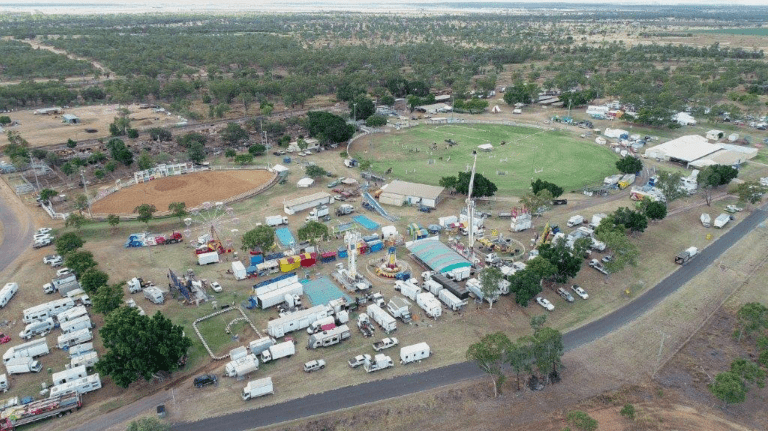I recently went to a Planning Institute of Australia seminar, “How is Queensland Shaping up Socially?”. The seminar provided quite a few examples of developments and towns that have been affected by developments not taking social planning and social impact into consideration.
As a planner, you aim to bring sustainable developments to the community that help to achieve a balance of ecological, economic, and social wellbeing. In the past, social planning has not been one of the main considerations when delivering a development but as changes to this standard have taken place, it’s interesting to take a look at how Queensland is coming along socially.
Having spent over 10 years within the Bowen region, I have seen the impacts that major developments (such as mining) have on a community’s social well-being. It’s important to acknowledge that social infrastructure is affected not just throughout the life of a major development, but well beyond it.
SOCIAL INFRASTRUCTURE IN MINING REGIONS
In the mining boom (2010-2012), where there were large numbers of non-resident workers within the community, there were a number of social impacts that occurred due to the large number of mines within the region.
Social infrastructure such as hospitals, medical facilities, schools, housing etc are provided based on the resident population numbers. When a community has a large portion of non-resident workers the social infrastructure available within the community is not capable of handling the additional population.
Indeed, some of the notable social impacts during the boom were:
- Overpopulation leading to lack of housing and skyrocketing house pricing
- A critical lack of GPs, medical services, and emergency workers
- A boom in successful, local small businesses and services
- Increased funding for communities and community groups
Looking beyond the life of the project, social impacts continue but most commonly at the opposite end of the spectrum:
- The local population shrinks as non-resident and industry workers move on
- Housing prices crash, leaving owners unable to sell up
- Small businesses have a diminished client base and many simply can’t survive
- Community funding is reduced or completely removed, affecting the community’s ability to adapt and cope
- Services leave the community, impacting local economy and increasing the sense of isolation for the community
SO, HOW IS THE SOCIAL WELL-BEING OF QUEENSLAND SHAPING UP?
While the mining boom has been and gone, and mining has settled into its new norm, there are still some social impacts lingering from that boom time as communities struggle to adjust. This impact then flows on to affect Queensland as a whole, through migratory populations, changing demographics, elevated unemployment rates, and a reduction in stimulus to the economy.
Reducing the number of mines or non-resident worker populations doesn’t necessarily solve the social impact issues. As new norms settle in, it becomes a sink or swim situation. Communities and businesses are forced to diversify and adapt in a hurry to account for a large portion of their business and livelihood up and leaves overnight.
We have moved forward, and continue to slowly move forward, with the introduction of social impact assessments and a growing social conscience, but social planning still remains largely on the back burner while economic development simmers away.
Towns, who have, or once had, large industrial or resource populations are suffering socially. It’s time for developments to put more consideration into the social wellbeing of their community.
THE AUTHOR: NICOLE HARTNEY – SENIOR TOWN PLANNER
Nicole brings over 10 years of development assessment experience from various developments, ranging from resource and renewable industry to residential. She holds a Bachelor of Regional and Urban Planning from the University of the Sunshine Coast and is a member of the Planning Institute of Australia. Nicole has recently become a part of the Queensland PIA Professional Development Sub-Committee.
LET’S MAKE A SOCIAL IMPACT IN QUEENSLAND
Wall Planning and Environmental Consulting’s highly experienced and motivated team offers community consultation services to address social impact through social impact assessments.




